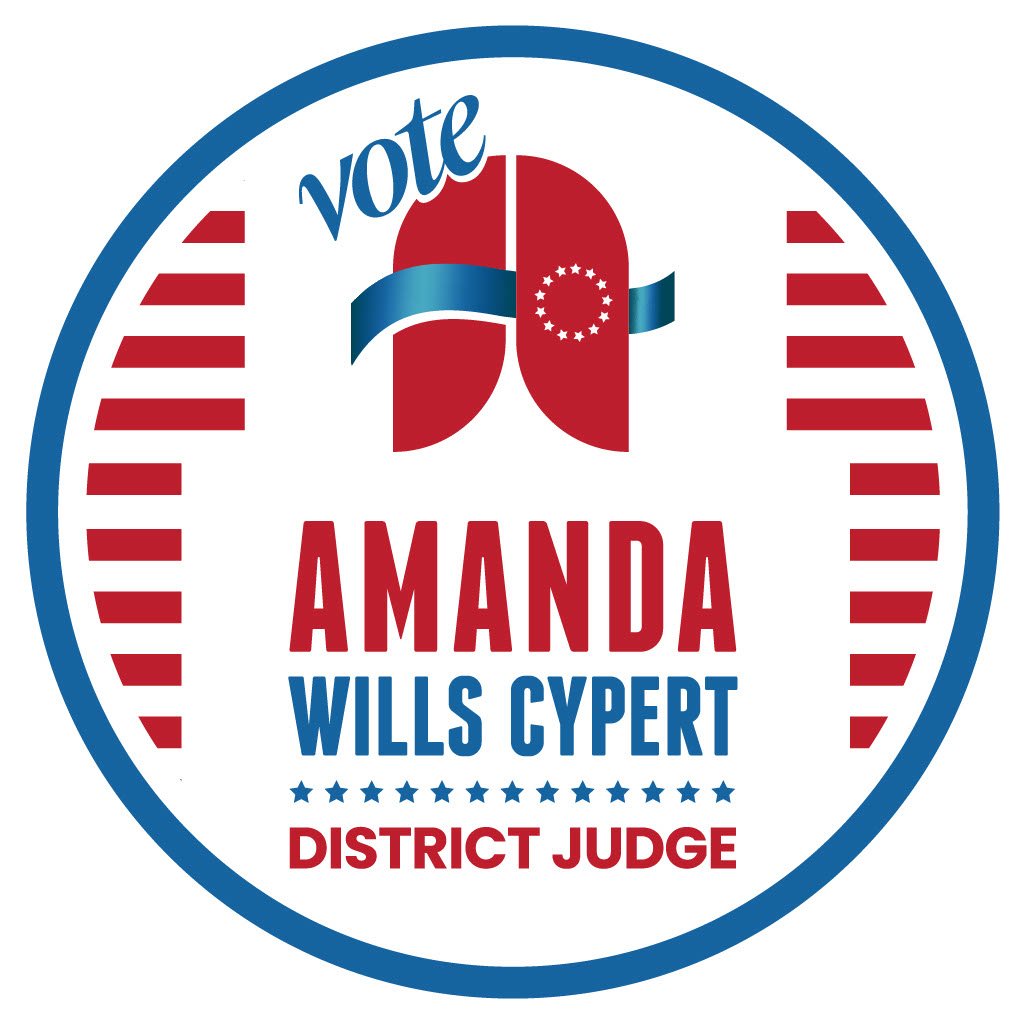RAPID RESPONSE DOCKET
Collaborative Justice = Lasting Results
On #TeamAmanda, we believe team work and collaboration is essential to effective criminal justice. As District Court is truly the people’s court, it should offer real and attainable solutions to our community’s issues. Since announcing her candidacy, Amanda has met with countless local leaders, community partners, and resource providers to develop a common path forward in dealing with crime caused by untreated mental illness and addiction.
As Judge, Amanda will be a leader in developing new strategies and intervention programs to combat crime in our community. Before even taking the bench, Amanda has done more to bring the community together to pool resources and share information in this effort than her opponent has done in 17 years on the bench. Amanda’s Rapid Response Docket is being embraced all over the community. Here’s why:
RAPID RESPONSE DOCKET (RRD)
WHAT IS IT?
Amanda’s proposed “Rapid Response Docket” (RRD) will be an original program tailored to assist District Court Judges in ordering mental health and/or addiction treatment as a condition of bond. Judges must abide by strict rules regarding financial conditions of bond, however have wide discretion in ordering individuals comply with non-financial conditions such as treatment. Since District Court Judges oversee smaller crimes and violations, enabling the Court to expand bond condition options will lead to safer communities and real results. The Judge will be working directly with the service providers to have appropriate individuals assessed and incorporate the findings into bond judgments. The program will increase the productivity of court proceedings in curtailing future crime while also protecting our communities.
WHO DOES WHAT?
The RRD team will be made up of participating Judges, Pretrial Officers, and Court approved community service providers, leaders, and volunteers. Referrals to the RRD can come from the arresting officer, detention center, pretrial officers, or initiated by the Judge alone. Upon referral the Judge will consider appropriateness of release to treatment in light of the other factors a Court must consider in order bonds. If the Judge determines the referred individual would be appropriate for the program, he/she will request an assessment directly with a member of the RRD. If an individual is released to a treatment program as a condition of bond, he/she will be required to sign a HIPPA release for the Court and submit to any additional conditions as ordered. The RRD team will meet once/month and continuously monitor a participant’s progress. Providers will be directly responsible for advising the Judge of any violations of the bond condition to comply with the treatment recommendations.
WHY DO WE NEED IT?
Ask any law enforcement officer, and they will tell you the great majority of crime is rooted in untreated mental illness and/or substance abuse. Nearly all individuals who end up facing felony charges in Circuit Court have had several previous interactions with a District Court Judge. Traditional methods used in District Court are no longer effective in preventing the escalation of criminal activity.
The Administrative Office of the Courts has a series of specialty courts that are funded and administered by the Stated of Kentucky. Examples of these official specialty courts are AOC Drug Court, AOC Mental Health Court, and AOC Veteran’s Court. Budget constraints generally prevent funding for these programs in District Courts, in fact there are only a handful of District Courts across the state that have been funded with an official AOC Specialty Court. In our District, in order to participate in AOC Drug Court (the only Specialty Court currently funded by AOC), an individual must have been charged and convicted of a FELONY. This has always seemed strange to Amanda, to wait until the criminal conduct has escalated to felony level to step in and do something about the root cause.
WHO ADMINISTERS AND PAYS FOR IT?
As opposed to an official AOC Specialty Court, the Rocket Response Docket will be made up of a team of local leaders, service providers, and concerned citizens volunteers. It will not depend on any tax payer funding at a Local, State, or Federal level. Several other Kentucky District Court Judges have created similar volunteer-based programs to combat rising crime caused by untreated mental illness and drug addiction absent funding. After 17 years of inaction, isn’t it time Shelby, Spencer, and Anderson Counties follow suit?

